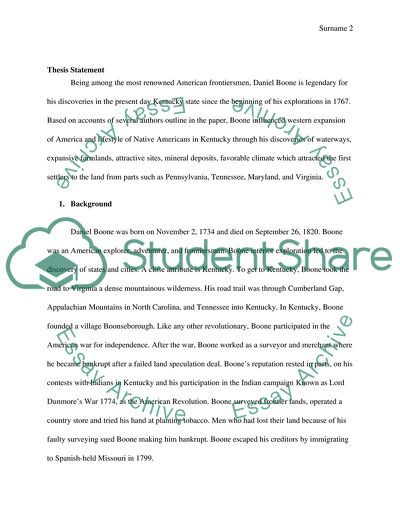Cite this document
(“Native Americans in Kentucky and their encounter with Daniel Boone Research Paper”, n.d.)
Retrieved from https://studentshare.org/english/1688165-native-american-and-daniel-boone-in-kentucky
Retrieved from https://studentshare.org/english/1688165-native-american-and-daniel-boone-in-kentucky
(Native Americans in Kentucky and Their Encounter With Daniel Boone Research Paper)
https://studentshare.org/english/1688165-native-american-and-daniel-boone-in-kentucky.
https://studentshare.org/english/1688165-native-american-and-daniel-boone-in-kentucky.
“Native Americans in Kentucky and Their Encounter With Daniel Boone Research Paper”, n.d. https://studentshare.org/english/1688165-native-american-and-daniel-boone-in-kentucky.


